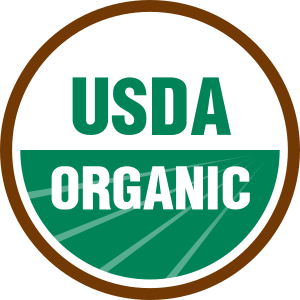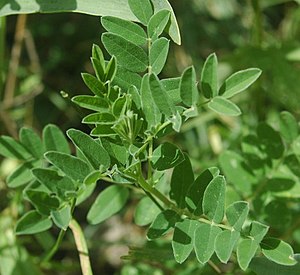In the past few years, the whole "all-natural" movement has been gaining ground as evidenced by aggressive marketing of alternative health products from weight-loss diet pills to cold medications all marked as "derived from nature." Of late, Western medicine is trying its best to join the alternative health bandwagon by researching on ancient herbal remedies that have been in use in more primitive cultures for centuries. This is also the reason for the sudden increase of natural pain relief medications.
Western medical science is still studying the host of ingredients and combinations that make up these natural pain relief, before any major investment is made by pharmaceutical companies, production-wise. There are a few "naturally made" medications already being sold on the market, but most of the traditional natural pain relief remedies have yet to be tested by neutral research laboratories. Most developed countries have employed strict standards regarding medical testing, and, as a consequence, has slowed down the release of herbal or natural pain relief medications.
However, in less developed countries, the natural pain relief remedies are still in frequent use and are, in fact, more popular than western medicine. This is particularly true outside of urban communities, where Western medical procedures and tools are either inaccessible or too expensive for the people. With the herbs and ingredients being readily available, and the people being aware of which plants work for what ailments, the process of using these natural pain relief methods is significantly simpler. While Western medicine recognizes this, there are several concerns that prevent the herbs and ingredients being used from being introduced to the mainstream.
Aside from the aforementioned testing procedures, developed countries have research being conducted to find out what exactly is making the natural healing methods work. This would allow pharmaceutical companies to both present the medication in the traditional capsule or pill form by isolating the key ingredient, but also by allowing them to study the effects and pinpoint other potential applications.
Another difficulty is the prevalent belief that herbal remedies or traditional medicines are somehow "inferior" or are fraudulent, as compared to Western medicines. While this view is archaic, this has been cited as one of the reasons why traditional Chinese medicines not being widely used outside of Chinese communities in the US. Supposedly, the extensive testing and study conducted by pharmaceutical companies on natural "pain killing" also involves the isolation of the working compound, which would allow them to market it as a "modern" drug.
It is also worth noting that some of these remedies may not be easily accessible to outsiders, making procuring samples difficult. With samples to test being so difficult to obtain, companies are rendered incapable of marketing the remedies, even if the chemistry behind the herbs is sound and effective. Another problem stems from the fact that most outsiders are incapable of understanding the cultural subtleties differentiating one herbal treatment from another.
Despite these difficulties, some pharmaceutical companies have managed to successfully field and market effective remedies based on folk treatments and herbs. There is an extant market for such remedies, and with massive advertising and media mileage, the market is expected to boom in no time at all.
Visit the Health And Nutrition Tips website to learn about what is psoriasis, flexural psoriasis, psoriasis symptoms, toe corn removal, foot corn removal , foot corn symptoms and other information.
Article Source: http://www.articlealley.com/article_1304616_17.html



![Reblog this post [with Zemanta]](http://img.zemanta.com/reblog_e.png?x-id=06d9c09b-4a56-4891-9251-b61a6555712f)


![Reblog this post [with Zemanta]](http://img.zemanta.com/reblog_b.png?x-id=875a1e78-ece8-498d-b7d5-8f1d6f43cbcd)

![Reblog this post [with Zemanta]](http://img.zemanta.com/reblog_b.png?x-id=8640b18e-85de-48eb-a1c9-08da14cc1b05)